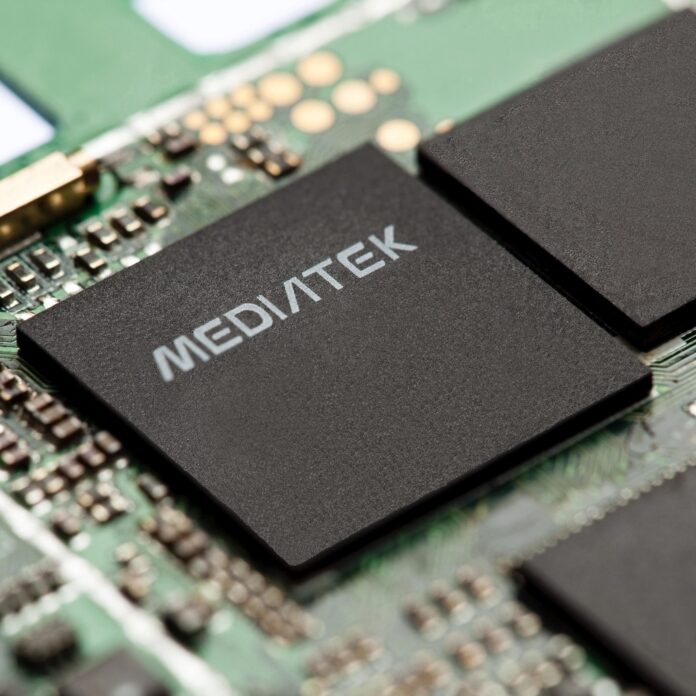MediaTek revealed plans for a $300 million venture fund for investing in startups.
The Taiwanese chipset maker simultaneously launched a new investment arm known as MediaTek Ventures as a vehicle for the fund, which will target the “Internet of Things,” Internet infrastructure and services and semiconductor systems and devices.
The fund will be based in the company’s hometown of Hsinchu and will initially look at startups in Greater China, Europe, Japan and North America. Part of the company’s goal is to use the new group to create an ecosystem of startups around its products and services. The move is also part of MediaTek’s strategy to become a bigger player in tech, reports CNet. While it has grown to become the second-largest mobile chip company in the world, MediaTek is not that well-known outside of China. The company is particularly focused on an expansion into the U.S.
HP to buy Aruba Networks in $2.7B deal
Hewlett-Packard announced plans to acquire wireless-networking company Aruba Networks in a $2.7 billion deal move aimed at expanding HP’s capabilities in the mobile market.
The network-equipment giant said the shift to mobile is taxing its enterprise network infrastructure. By purchasing Aruba, HP expects to be able to be in a better position to offer integrated and secure networking solutions to transition legacy systems to the wireless edge.
Aruba is a major player in the market for wireless local area networks, second only to Cisco by most estimates. While HP has been a reseller of Aruba’s Instant WLAN platform for several months, the company also sells Wi-Fi networking gear on its own.
“Based on data from Infonetics, HP has roughly a 5% WLAN revenue share globally compared to Aruba’s 10% in WLAN, and its WLAN share shrank over the past several years as Aruba’s has grown, making Aruba the de facto No. 2 player to Cisco in the market,” said analyst Travis McCourt of Raymond James Equity Research. McCourt added that about half of HP’s current WLAN revenue comes from its stake in a Chinese networking business that is thought to be for sale.
“One easily comes to the conclusion that it either needs to get bigger in WLAN or get out of the market,” said McCourt. He added that Aruba can accurately be described as more of a software company than a commodity hardware vendor and that the company has made “very meaningful investments in security and mobile device management.”
For more details, read RCR Wireless News’ original coverage here.

